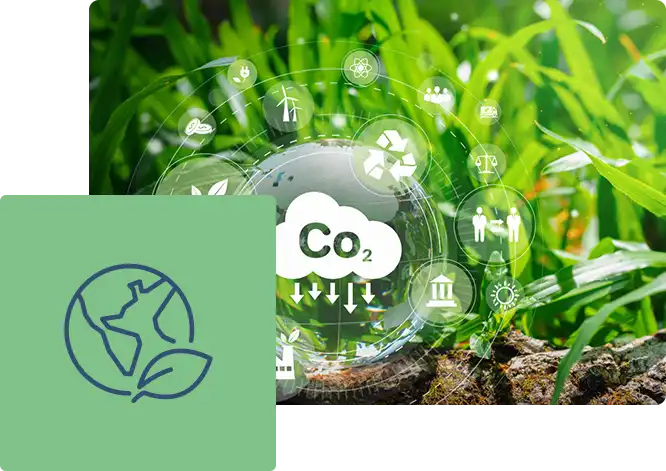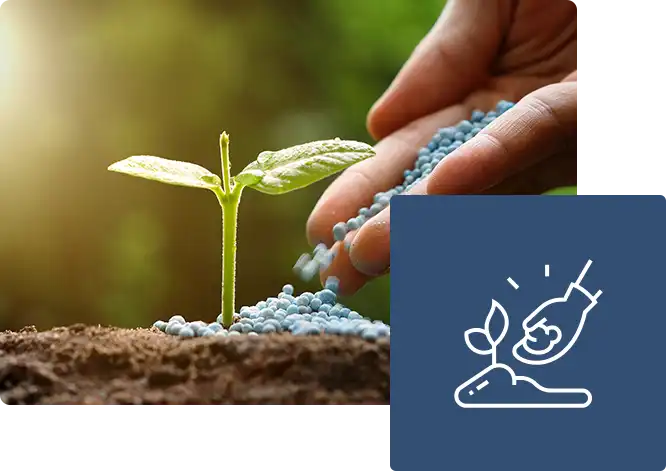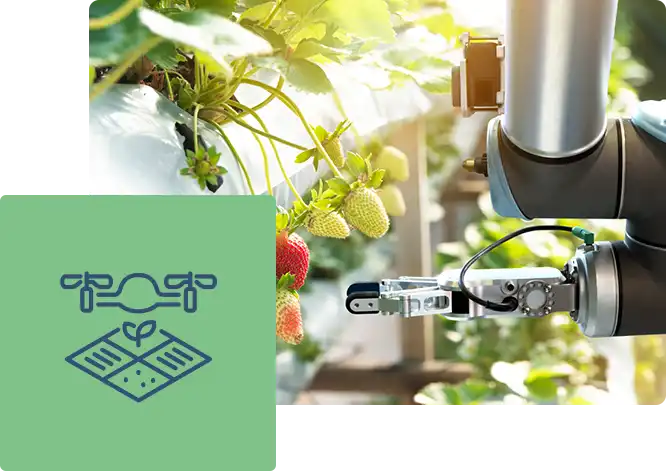
Focus Areas

Sustainability
To ensure business sustainability and enhance food security
Agri-food sustainability lies at the core of SAIL’s mission, reflecting a commitment to cultivating a resilient and balanced agri-food system. Embracing sustainable practices, from field to fork, is imperative to address the challenges of population growth, resource scarcity, and environmental impact. By supporting innovations for optimising resource use, minimising waste, and prioritising sustainable farming methods, we strive to empower the agri-food industry to ensure that the nutritional needs of present and future generations are met without compromising the health of our planet.
- Carbon reduction roadmap
- Environmentally sustainable farming
- New opportunities for smallholder farmers
Agri-Inputs
To improve crop yield and food quality, climate resilience, pest management
In the face of mounting global challenges, the imperative for improved agricultural inputs has never been more pressing. As our world contends with a growing population, changing climatic patterns, and evolving consumer demands, the role of cutting-edge agricultural inputs becomes pivotal in driving productivity and resilience. By advancing the development and application of high-quality seeds, precision fertilizers, disease-resistant crops, and efficient irrigation systems — through research, innovation, and collaboration — we can unlock the potential to increase yields, mitigate food scarcity, and adapt to shifting environmental conditions.
- Agri-food waste valorisation
- Organic fertilisers and pesticides
- Sensors for efficient urban indoor farming


Digitalisation and Automation
To optimise business practices and drive profitability
Digitalisation stands as a transformative force poised to revolutionize the agri-food sector, ushering in a new era of efficiency, transparency, and sustainability. By harnessing the power of data analytics, Internet of Things (IoT) devices, and blockchain technology, we can create a seamlessly interconnected agri-food ecosystem. From precision farming that optimizes planting, irrigation, and harvesting based on real-time data, to supply chain traceability that ensures the authenticity and safety of products, digitalisation offers a spectrum of solutions.
- Traceability and transparency
- Social credit systems for poverty alleviation
- Prediction of commodity prices
Downstream R&D
To create a circular economy for agri-food
Downstream research and development (R&D) in the agri-food sector play a pivotal role in shaping the quality, safety, and diversity of the products that reach our tables. This phase of R&D, encompassing processing, packaging, and distribution, holds the key to optimising nutritional value, extending shelf life, and reducing post-harvest losses. By leveraging innovative technologies and scientific insights, we can enhance food preservation methods, develop sustainable packaging solutions, and minimise food waste. Additionally, downstream R&D contributes to the creation of value-added products, catering to evolving consumer preferences and dietary needs.
- Zero-waste processing
- Efficient urban food system
- Alternative foods (natural and tech-driven)
- Biodegradable packaging
- From innovation to commercialisation


